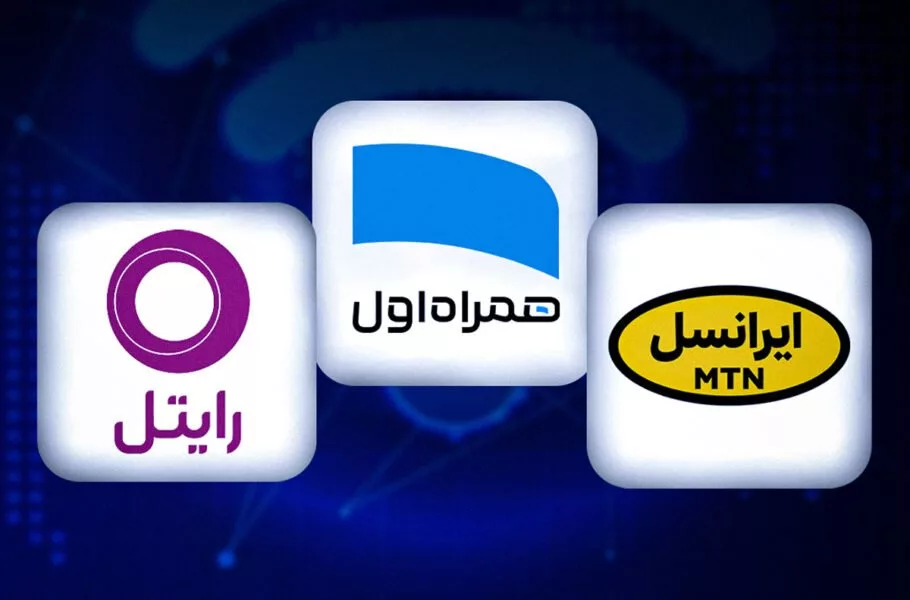
Iran’s Top Mobile Operators to Raise Internet Prices by Next Week
Though the letter is dated May 3, 2025, no such change has materialized as of ten days later.
In a letter sent last week to the head of Iran’s Communications Regulatory Authority, the country’s three major mobile operators—Irancell, Hamrah-e Aval (MCI), and Rightel—announced plans to introduce new, higher-priced internet packages by next week.
Though the letter is dated May 3, 2025, no such change has materialized as of ten days later.
In the document, the operators argue that the 34% hike in international bandwidth costs implemented in January 2024 has fallen short of offsetting their rising expenses. They claim mobile data packages must increase by at least 75% to restore financial balance.
The operators also challenged the regulator's authority, asserting that while a pricing floor and ceiling have been approved, the CRA cannot subject every internet package to individual scrutiny. Within the legal pricing framework, they insist, operators should be free to roll out packages of their own design.
One passage of the letter reads:
“Meeting the financial demands required to maintain and upgrade networks—especially under current economic conditions—has become a serious challenge for telecom operators. Restoring balance to this environment necessitates a reevaluation of service pricing, especially for mobile internet, which remains one of the sector’s main revenue streams.”
They further state that the previous 34% increase in international traffic rates, combined with conditions such as keeping domestic traffic prices unchanged, failed to compensate for years of frozen internet prices despite triple-digit inflation. As a result, operators have lacked the capital to expand their networks, and the decline in internet speed and quality—already observed by the CRA—proves the point.
The letter also highlights a broader cost imbalance, noting that even public services like electricity saw multiple rate hikes over the past year, while mobile operators—despite being private companies—were denied similar adjustments.
In conclusion, the operators argue that raising mobile data prices is now essential. Not only would it help fund necessary infrastructure investments to maintain current service quality, but it could also encourage users to shift to fixed-line broadband, easing pressure on mobile networks and supporting the expansion of fiber-optic internet. They add that this approach aligns with international best practices and would promote long-term sustainability and investment in Iran’s digital infrastructure.












